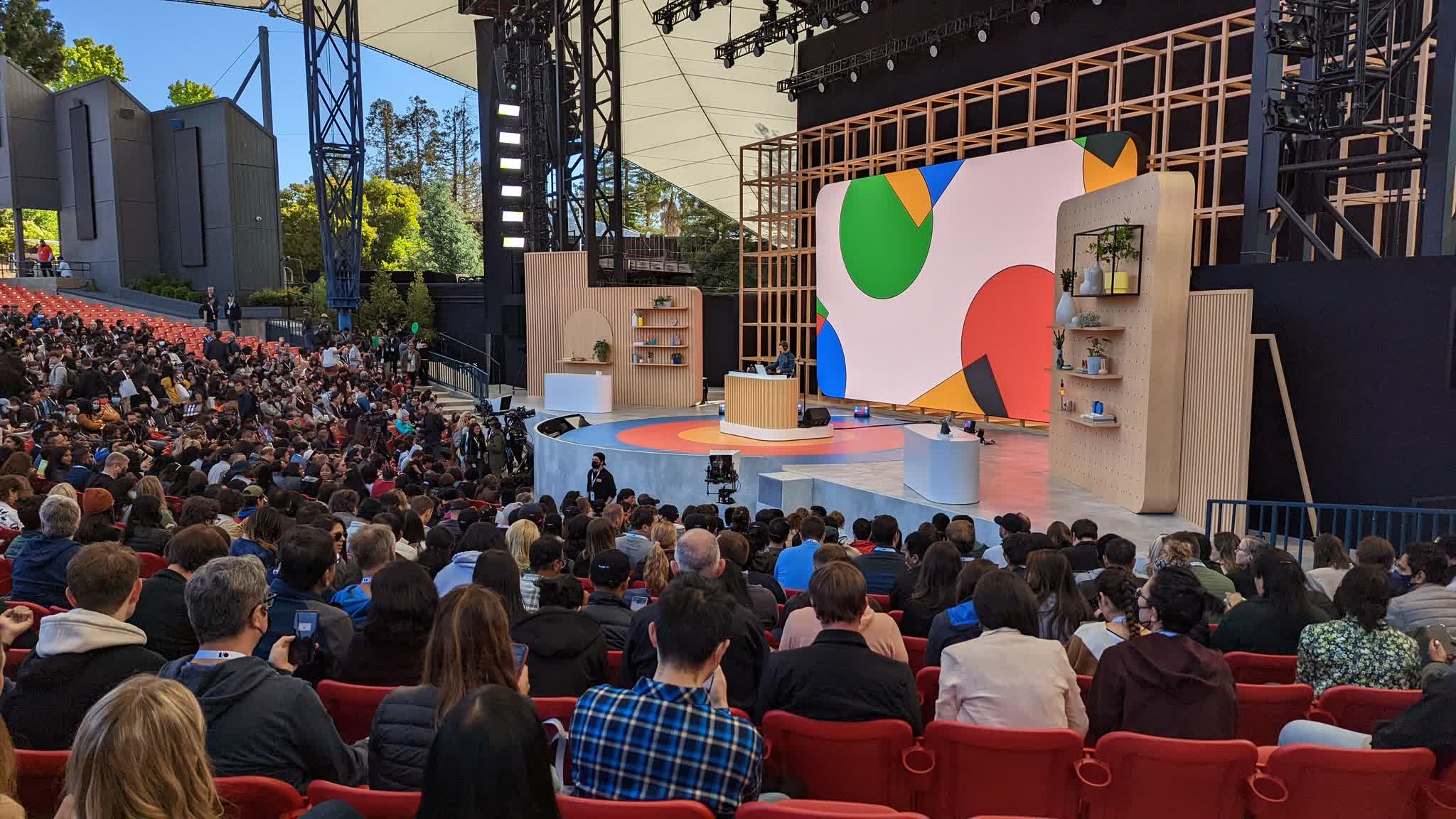Google I/O 2022: Google held its annual developer conference at the Shoreline Amphitheater this year, returning to a limited in-person format. The two-hour-long keynote began with CEO Sundar Pichai reflecting on Google's mission and achievements with keeping communities around the globe informed and connected. The presentation also had plenty of new Pixel hardware and teasers across several product categories, as well as upcoming software and AI enhancements. Here are the highlights...
Hardware
Coming in July: Pixel 6a and Pixel Buds Pro
The $449 Pixel 6a is this year's affordable, yet similarly capable version of Google's most recent Pixel flagship. Powered by the same Tensor chip as the Pixel 6/6 Pro, the 6a makes a few compromises in other areas with a smaller 60Hz display, less RAM and inferior camera setup.
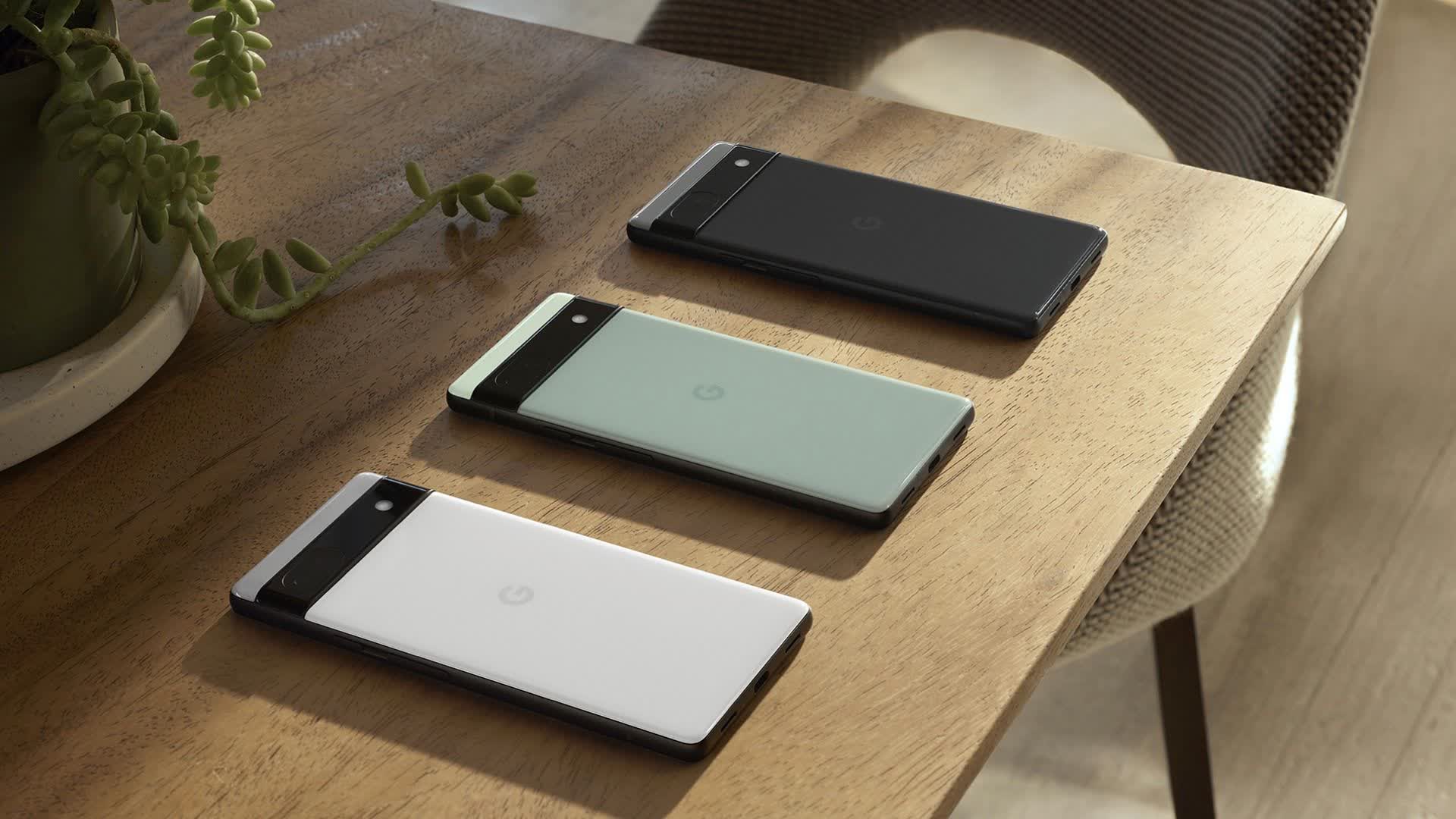
It does, however, appear to be another solid option in the extremely competitive mid-range Android segment. Pixel fans can preorder the 6a from July 21, with shipping and store availability starting July 28.
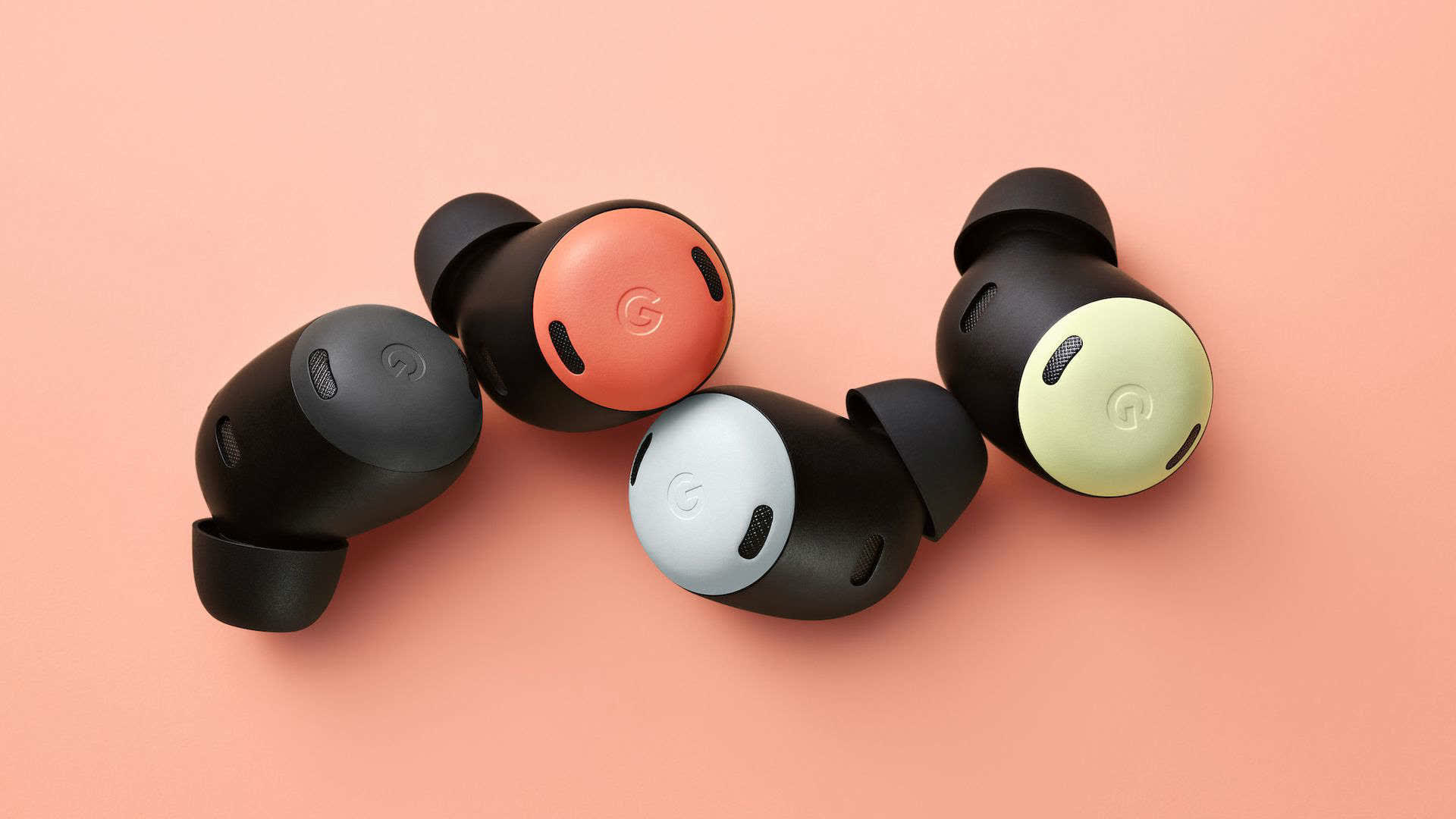
The $200 Pixel Buds Pro are Google's first active noise canceling, premium earbuds, and they are also arriving in late July. These are twice as expensive as Google's regular Pixel Buds A-series, but pack more features, are expected to last longer and fit more comfortably in your ear.
Coming this fall: Pixel 7, Pixel 7 Pro and Pixel Watch
Google's radically redesigned Pixel 6 and 6 Pro have had their fair share of problems post-launch. However, they've also managed to create considerable momentum for Google's mobile ambitions, which is why the company offered a brief glimpse at their successors to keep fans excited.
The next generation of Pixel phones is on the horizon. Here's a first look at the Pixel 7 and Pixel 7 Pro --- equipped with a new generation of Google Tensor and a sleek design. Coming this fall. #GoogleIO pic.twitter.com/WMysJv1lZP
--- Google (@Google) May 11, 2022
Beyond the next-gen Tensor chip and a slightly refined design for the flagship duo, Google is keeping things under wraps for now, and is expected to reveal full details when the phones launch this fall.
#GooglePixelWatch coming this fall 🎉*
--- Made By Google (@madebygoogle) May 11, 2022
' Track health and fitness goals w/ @Fitbit**
🏡 Control your home w/ the Google Home app for Wear OS***
- Access Google Assistant, hands-free****#GoogleIO pic.twitter.com/3GwmJ2ud6X
Arriving alongside the Pixel 7 and 7 Pro is Google's highly anticipated Pixel Watch. The round, thick-bezel design is unlikely to go in its favor, but Google's Fitbit integration on top of Wear OS 3 and a minimalist look with the mechanical crown could keep this watch interesting.
Coming next year and beyond: Pixel Tablet and AR glasses
After many years of dropping the ball with Android tablets, Google once again started showing hints of renewed interest in this category with Android 12L. An OS optimized for large-screen devices strongly suggested that a tablet from Google was on the horizon.
That is indeed the case, with a Tensor-powered Pixel Tablet launch expected in 2023. Moreover, Google is optimizing over 20 first-party apps for this form-factor and has also hinted the same for other popular third-party apps.
Here's a sneak peek at our upcoming Pixel tablet '
--- Made By Google (@madebygoogle) May 11, 2022
A next-generation @Android tablet powered by Google Tensor, designed to complement your Pixel phone.#GoogleIO pic.twitter.com/5WU6O09UKd
Another product category where Google is making (or looks forward to making) a comeback are smart glasses. Google touched on augmented reality at the very end of its keynote, and showed a demo of its prototype AR glasses transcribing a conversation in real-time.
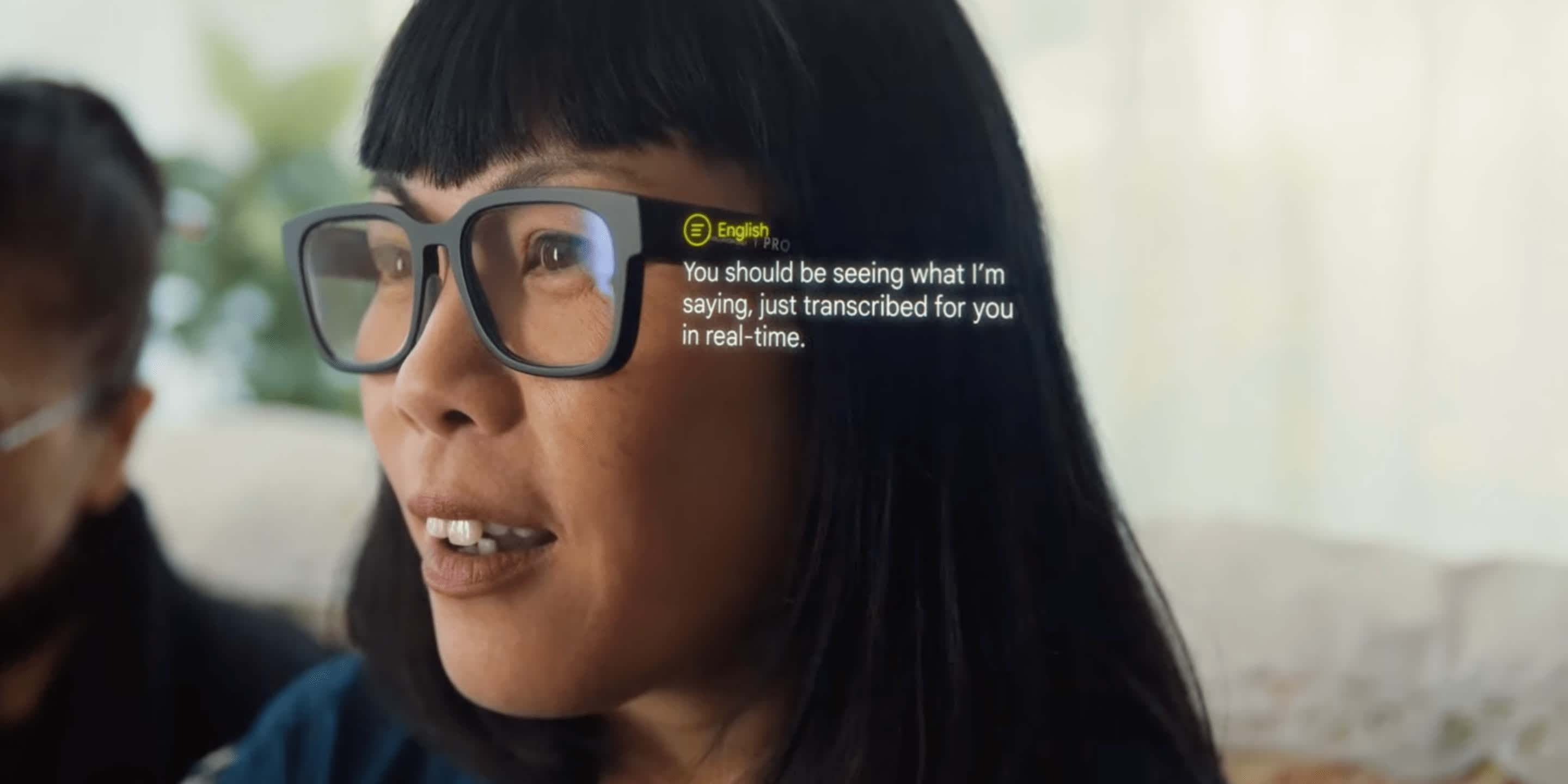
Although Google didn't say when these glasses will be released, the company's work on Project Iris (most likely their internal code name) indicates a launch happening sometime in 2024.
Software
Android 13 second beta released, added customization, and more
Google I/O 2022 saw the announcement of Android 13's second beta for general users to try out, as well as what to expect from the final fall release. The latest iteration will build upon Android 12's Material You design language with more themes and customization, expanded RCS messaging support plus better privacy and security measures.

Android 13 will also let users set language on a per app basis and improve device interoperability by including fast-pairing support for the Matter smart home standard.
Services and App Enhancements: Search, YouTube, Maps, and Wallet
Google's AI prowess was once again on show in its search and first-party apps. Searching for flights, for instance, will now show the corresponding emissions for your route to help you select the most eco-friendly option.
Introducing an immersive view --- a whole new way to explore on Google Maps. 🌎
--- Google Maps (@googlemaps) May 11, 2022
You'll be able to experience what a place looks and feels like before you arrive, powered by advances in AI that allow us to fuse together billions of Street View and aerial images. #GoogleIO pic.twitter.com/UCj7cInz2R
Google also announced auto-generated translations for YouTube's mobile version, and an immersive view in Google Maps, similar to Apple Maps' 3D mode, for a more realistic, detailed look at cities.
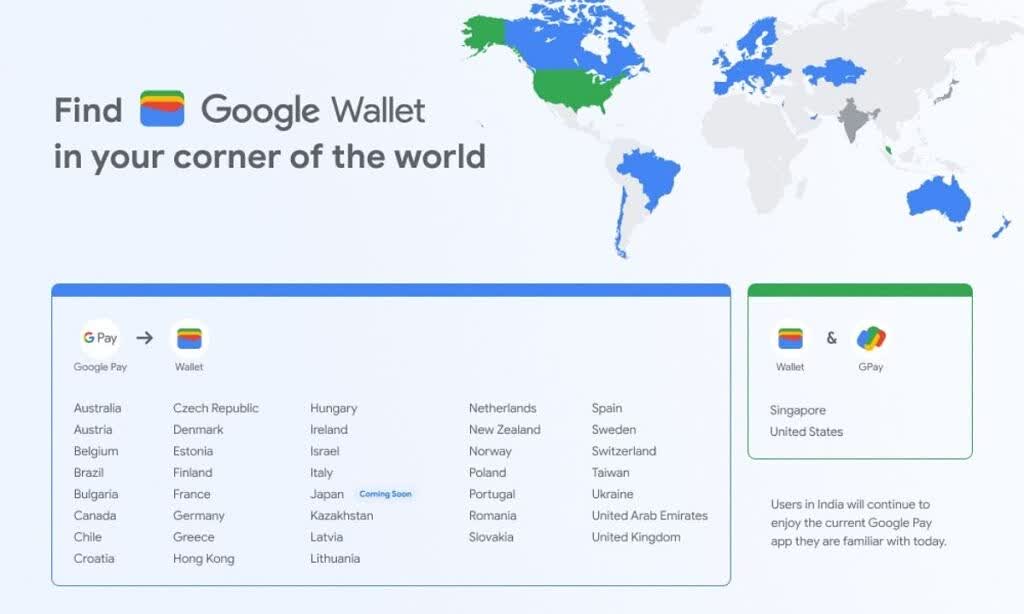
A new Google Wallet app is also coming to Android and Wear OS devices. This app will also replace Google Pay in some regions and will let users store credit cards, digital IDs, vaccination records and other personal documents.
Development tools: Firebase and Flutter updates
Google announced several updates for its back-end-as-a-service Firebase platform. The latter will now integrate deeply with other Google developer tools and frameworks like Android Studio and Flutter. These will now have direct access to Firebase's Crashlytics crash data to help developers debug code.
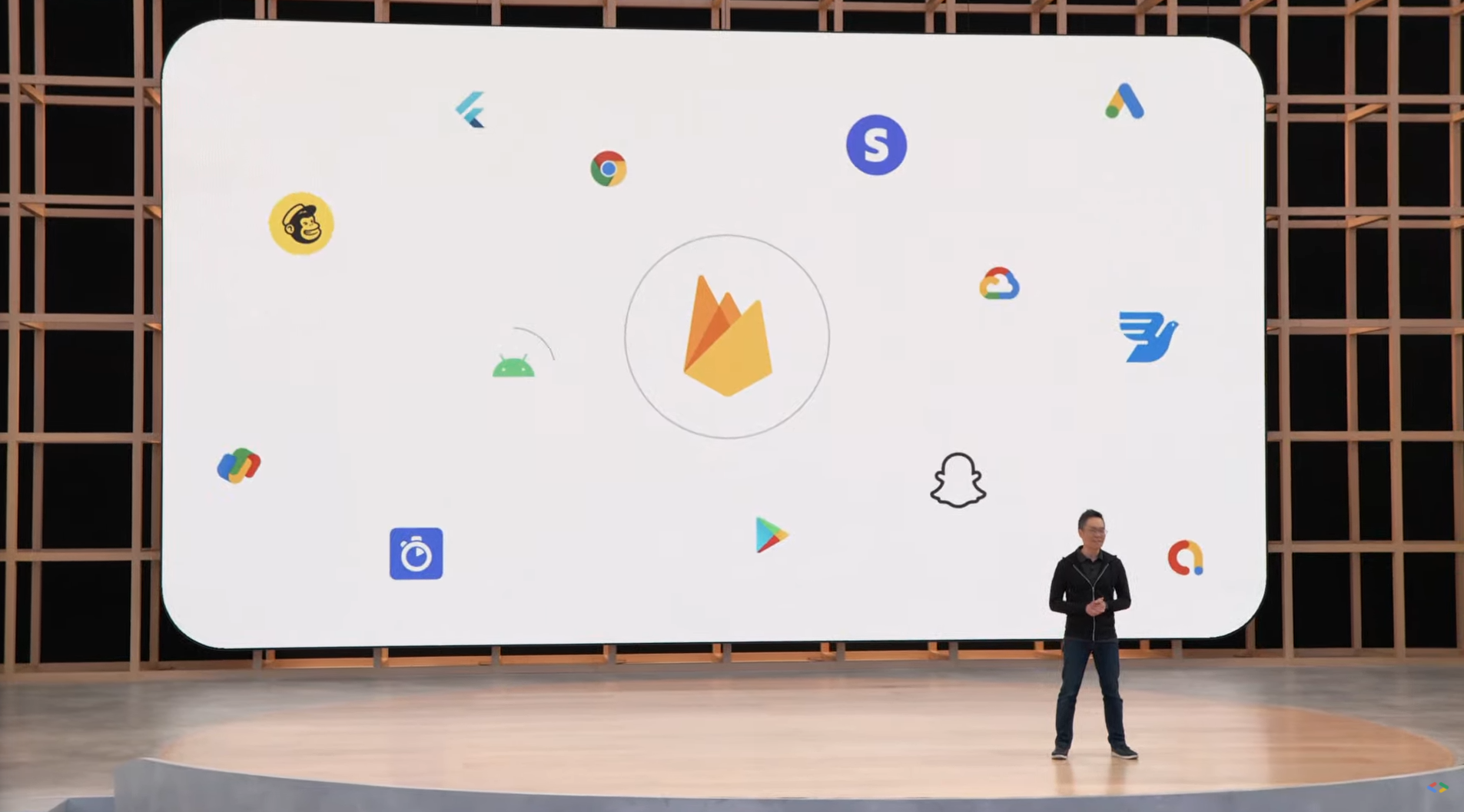
Meanwhile, web apps will now be easier to deploy using Firebase with improved support for Angular and Next.js frameworks. Google also said that Firebase now fully supported development with Apple's Swift language.
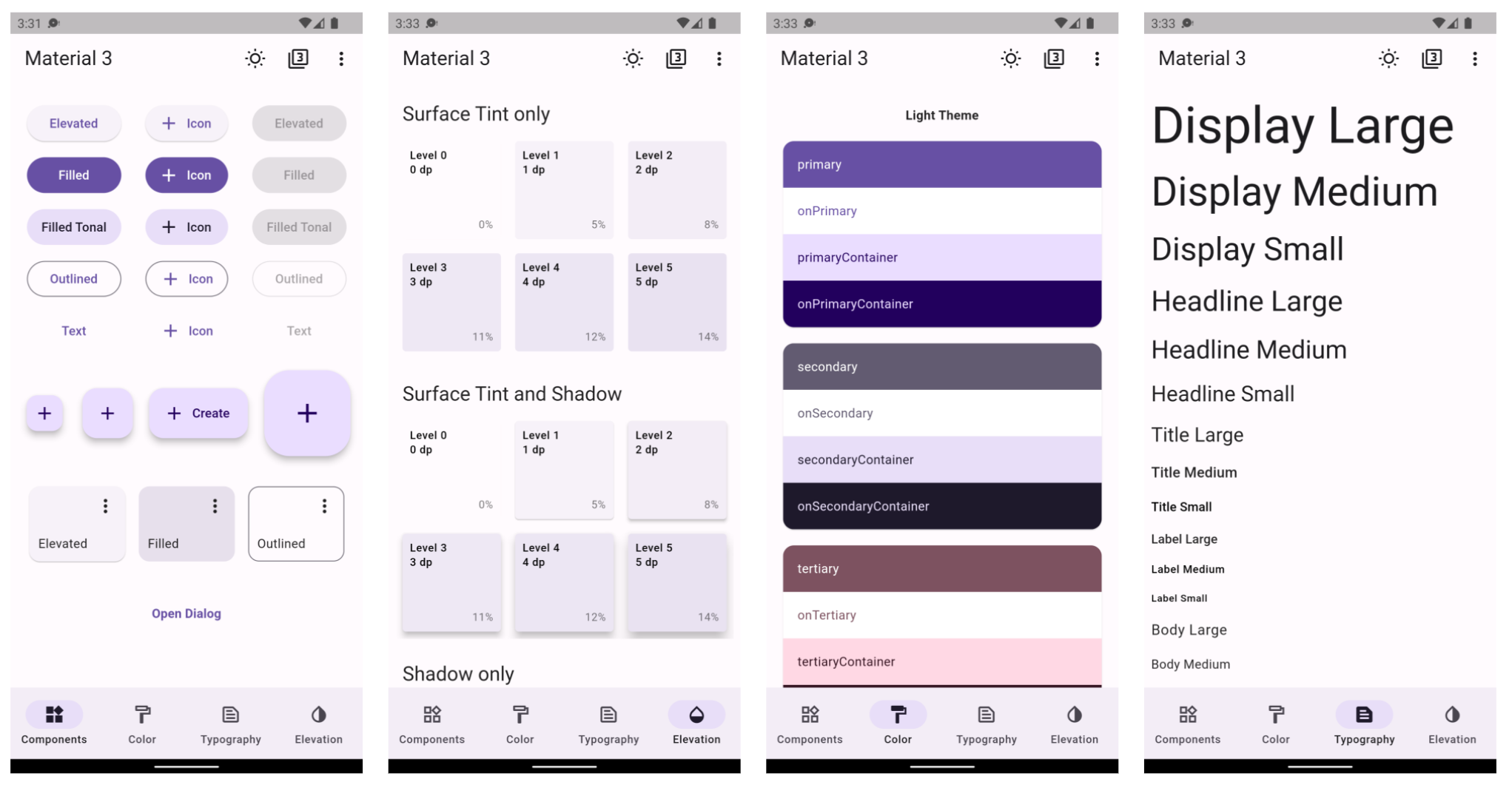
Flutter, Google's cross-platform UI framework, received several updates as well. Now called Flutter 3, the latest platform adds Material Design 3 and stable support for building macOS (including Apple Silicon) and Linux apps.
